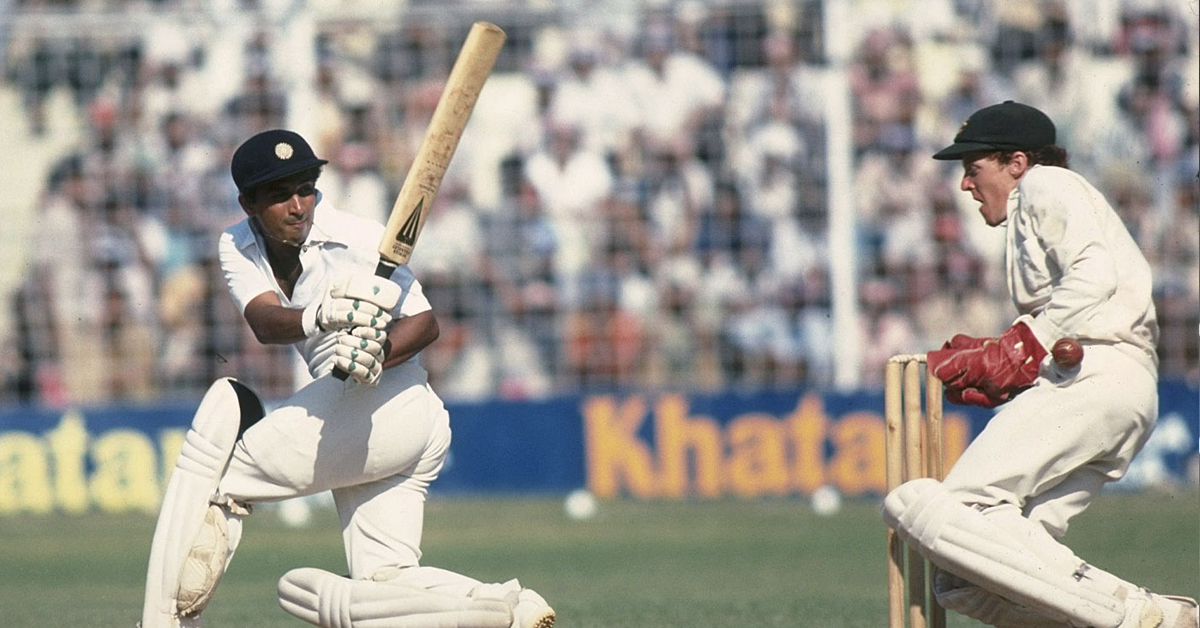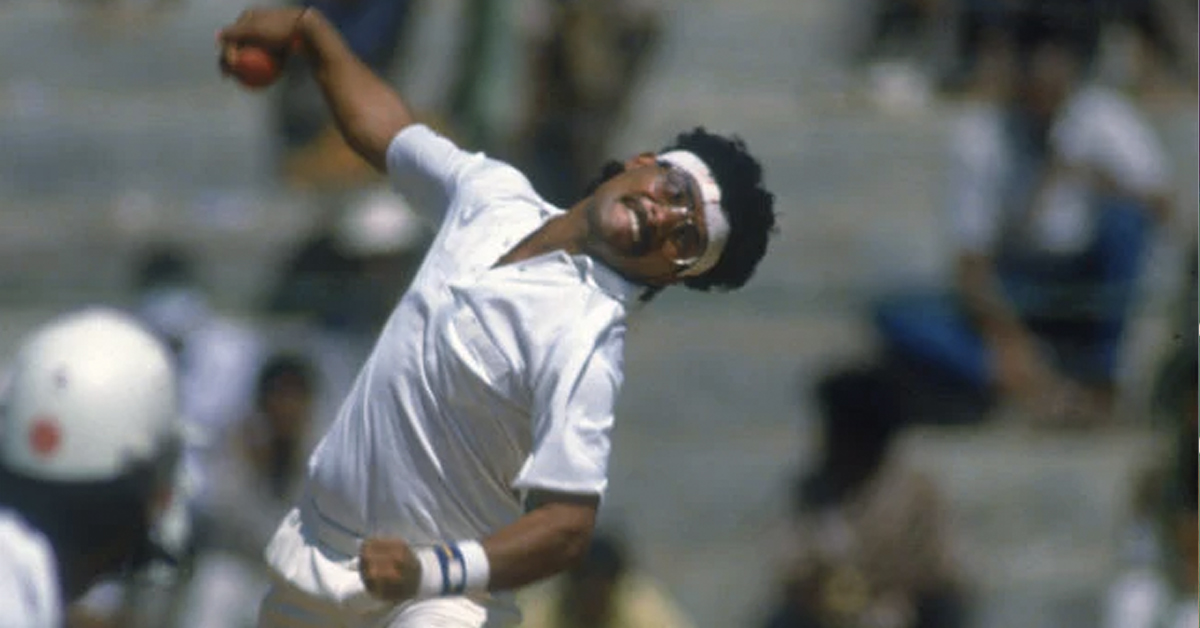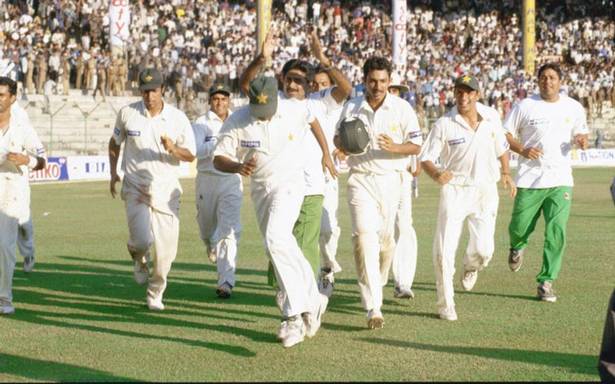Cricket
Pongal Test - The history of India's own Boxing Day cricket match

For puritan test cricket lovers across the world, the Boxing Day test presides like the holy grail of the gentleman's game. Occurring amid the festive week, the Boxing Day Test that starts on December 26 in Australia, New Zealand, and South Africa has become a revered event for fans over the years.
In 2020, while Australia took on India at the iconic Melbourne Cricket Ground, New Zealand and Pakistan locked horns at Bay Oval, Mount Maunganui and South Africa host Sri Lanka at SuperSport Park in Centurion overcoming the fear of COVID-19 infection.
Though COVID-19 brought a setback this time with restricted audience, these matches are well attended as the day after the Christmas - Boxing Day - is a national holiday for people residing in these three cricket-playing nations. Considering a large number of fans it draws big brands look for a space to get the attention of them. In the process, these boards’ make a huge profit from this fixture.
You might wonder why India, being such a huge cricketing nation, doesn't bank upon one of its festivals to hosting a cricket match where they could encash upon the festive mood among the audiences? Well, similar to Boxing Day tradition, India had its own traditional test match, which the BCCI had let go.
 Narendra Hirwani at the 1988 Pongal test match at Chepauk
Narendra Hirwani at the 1988 Pongal test match at Chepauk
A test match used to be played at M. A. Chidambaram Stadium in Chennai during the Pongal festival, which is popularly known as Thai Pongal in Tamil Nadu. The tests got its name as it coincided with the Harvest festival of Pongal celebrated for thousand of years in Tamil Nadu during the second week of January.
The first Pongal Test was played in 1959-1960 when the Indian side led by Gulabrai Ramchand took on Richie Benaud’s Australia. Although India lost that match, it started India's love affair with Chepauk. It still remains the most successful domestic test venue for India, where India won 14, lost six, one ended in a tie against Australia while the remaining 11 ended in a draw.
Pongal Test became a lost tradition for India after it was played for the last time in 1988 when India took on West Indies and gave the visitors a crushing 255-run defeat. Narendra Hirwani's 8 wickets for 61 runs in the match still remains the best bowling figures by an Indian on Test debut.
The Pongal Test still holds a potential to be a big marketing success, considering a four-day long holiday. In a state where people are regarded as the most well-informed cricket fans of the country, holidays are not always required to make the stadium full. At a time when test cricket is finding it tough to stay relevant after the boom of white-ball cricket, Pongal Test could be a good opportunity to bring back the fans to the stadium.
 In 1999, Pkaistan beat India in Chepauk (Source: The Hindu)
In 1999, Pkaistan beat India in Chepauk (Source: The Hindu)
In January, the weather in Chennai remains pleasant with a nip in the air. However, the venue rotation policy of the BCCI, the Future Tours Programme, and a packed international calendar have made it hard for a Test match to be scheduled at Chennai during Pongal.
Chennai fans were often spotted standing in the queue amid heavy rain putting on raincoats to get a ticket for the Pongal Test. Even after knowing the fate of the match, they didn’t want to waste a chance of watching live cricket from the iconic Chepauk Stadium.
In 1999, when a powerful Pakistan side beat India even after a brilliant century by Sachin Tendulkar, the Chepauk crowd didn’t hesitate to give a standing ovation to Wasim Akram’s men. Remember the background of that iconic Test match - it was played in the backdrop of the Kargil war.
Also read: Wasim Jaffer 2.0 – A demigod turned memegod

